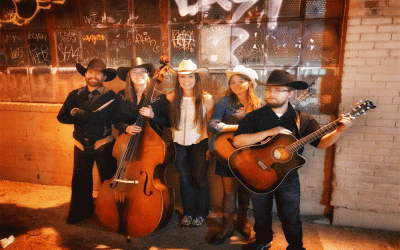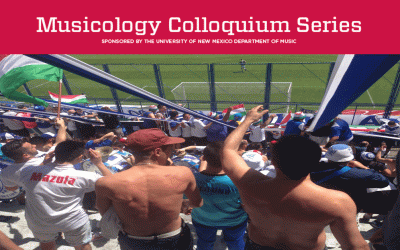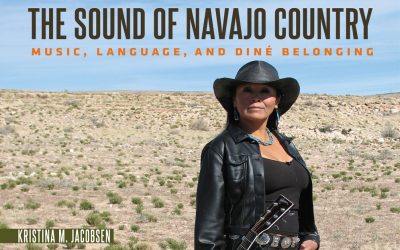May 4th, 3:00pm, CFA Keller Hall
Antonio Rosales, bass clairnet
Juan José García, double bass
José Luis Hurtado, piano
World Premiers by UNM Composition Students
Mathew Arrellin
Christian Newman
Danielle Savage
Matthew Stanley
and other works by
Hans Werner Henze
Jacob ter Veldhuis
José Luis Hurtado
An active champion of new music, Antonio Rosales has done the Mexican premiere of the most important pieces of the clarinet modern repertory such as Lachenman’s “Dal niente”, Dusapin’s “Itou”, Xenakis’ “Échange” and Kagel’s “Schattenkläng” among others. Antonio Rosales holds degrees from the “Escuela Superior de Música” in Mexico where he studied with Luis Humberto Ramos and from the Conserfatorium Van Amsterdam in the Netherlands where he studied under Harry Sparnaay and Erik van Deuren. Antonio Rosales is member and Artistic Directo fo QUARTZ and UMBRATONO ensembles as well as member of LIMINAR ensemble, ANEMOS CLARINET QUARTET and TRO d’ORIZZONTE. All these chamber ensembles have Contemporary Music as its Central Repertoire.
Multidisciplinary bass player and educator Juan J. García studied at the Moore’s school of music under Dennis Whitaker and obtained his masters at ASU under Catalin Rotaru. He is currently bassist of the Yucatán Symphony, principal bassist in Liminar and CEPROMUSIC, two of the most prestigious modern music ensembles in Mexico. García has collaborated with some of the most important creative composers/thinkers of our era including Pauline Oliveros, Copper-Moor, Keith Rowe, Joelle Leandre, and Steffano Scodanibbio, among others. García has performed in world class contemporary music festivals in Mexico, the US and in the UK. García is a resident artist at the prestigious Centro de Experimentación y Producción de Música Contempranea from the FONCA – INBA in Mexico City.
José-Luis Hurtado’s music has been performed worldwide by ensembles and soloists such as the Boston Modern Orchestra Project, JACK Quartet, ICE, Talea Ensemble, Quatuor Molinari, Tony Arnold, Garth Knox, Le Nouvel Ensemble Moderne and the Arditti Quartet among many others. He has been the recipient of the Kompositionspreis der Stadt Wolkersdorf (Austria), the Harvard University Green Prize for Excellence in Composition (USA), the Rodolfo Halffter Ibero-American Composition Prize (Mexico), the Julián Carrillo Composition Prize (Mexico), and the Prix International de Composition du Quartuor Molinari (Canada). Hurtado is highly active as a pianist and new music advocate. He is the pianist of Nueva Música Dúo (Contemporary Vn & Pno duo), founding member of áltaVox (Latin-American composers collaborative in the U.S), and former director of The Harvard Group for New Music. Hurtado holds a Ph.D. from Harvard University where he studied under Mario Davidovsky, Chaya Czernowin, Magnus Lindberg, Brian Ferneyhough and Helmut Lachenmann.
UNM Music Students and Community Members to Perform on KUNM 89.9 on 5/11 @7 pm
The UNM Honky Tonk Ensemble, an ensemble that teaches students how to play in a band and that emphasizes the style of classic country music from the ’50s, ’60s and ’70s, to come into KUNM’s Studio A to do a studio session of songs they’ve performed over the course of the semester
Embodying Fandom: Chanting in Twentieth-Century Argentine Soccer
Argentine soccer fandom involves a nuanced set of bodily practices and a vast repertoire of chants based on radio hits and broadcast advertisement. This talk demonstrates how chanting brings together sounds and bodies in an affective public practice that incites intense feelings of social cohesion and belonging meaningful beyond what is being said with words.
Dr. Kristina Jacobsen is awarded the 2018 Woody Guthrie Book Award
Dr. Kristina Jacobsen, Assistant Professor of Ethnomusicology in the UNM Department of Music, is awarded the 2018 Woody Guthrie Book Award for the most outstanding book in popular music by the International Association for the Study of Popular Music (IASPM-U.S.).



